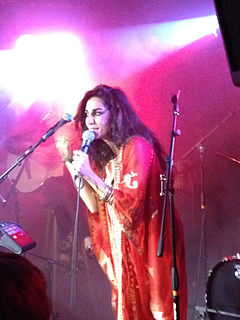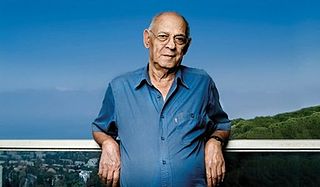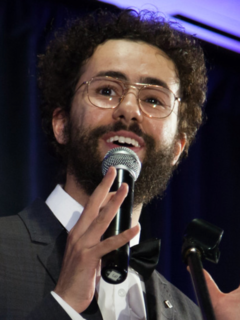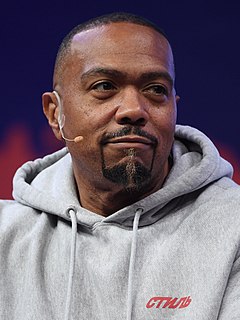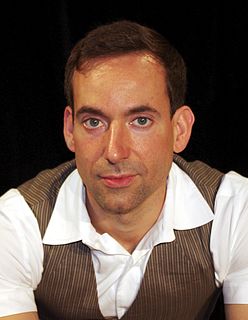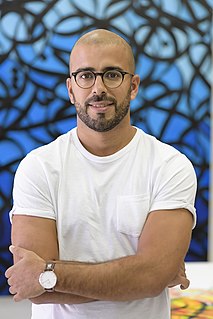A Quote by Stewart Copeland
Related Quotes
There is a terrible thing that's been happening probably for the last 20 years or so and it's called the music business. And music isn't really business; it's work and you got to pay and you've got to buy your guitar or go into the studio. So there is a business side but when people say, "I'm going into the music business," it's not. It's about expression. It's about creativity. You don't join music, in my mind, to make money. You join it because it's in you; it's in your blood stream.
I lived in the Caribbean when I was a teenager, so I learned about Salsa and Cha-Cha and all these Latin Afro-Cuban music like Gillespie and Duke Ellington, also bridged with Jazz. But my mother is Greek, and so I've also listened a lot to Greek music. And through the years to Balcanic music to Arabic music because my father loved music from Egypt.
I couldn't know about my culture, my history, without learning the language, so I started learning Arabic - reading, writing. I used to speak Arabic before that, but Tunisian Arabic dialect. Step by step, I discovered calligraphy. I painted before and I just brought the calligraphy into my artwork. That's how everything started. The funny thing is the fact that going back to my roots made me feel French.

